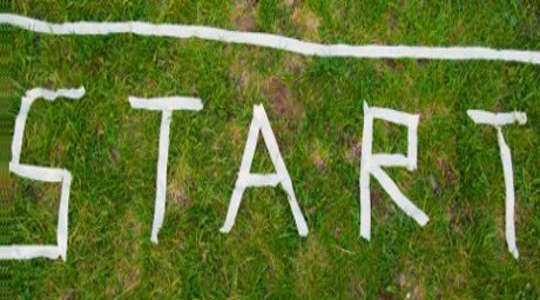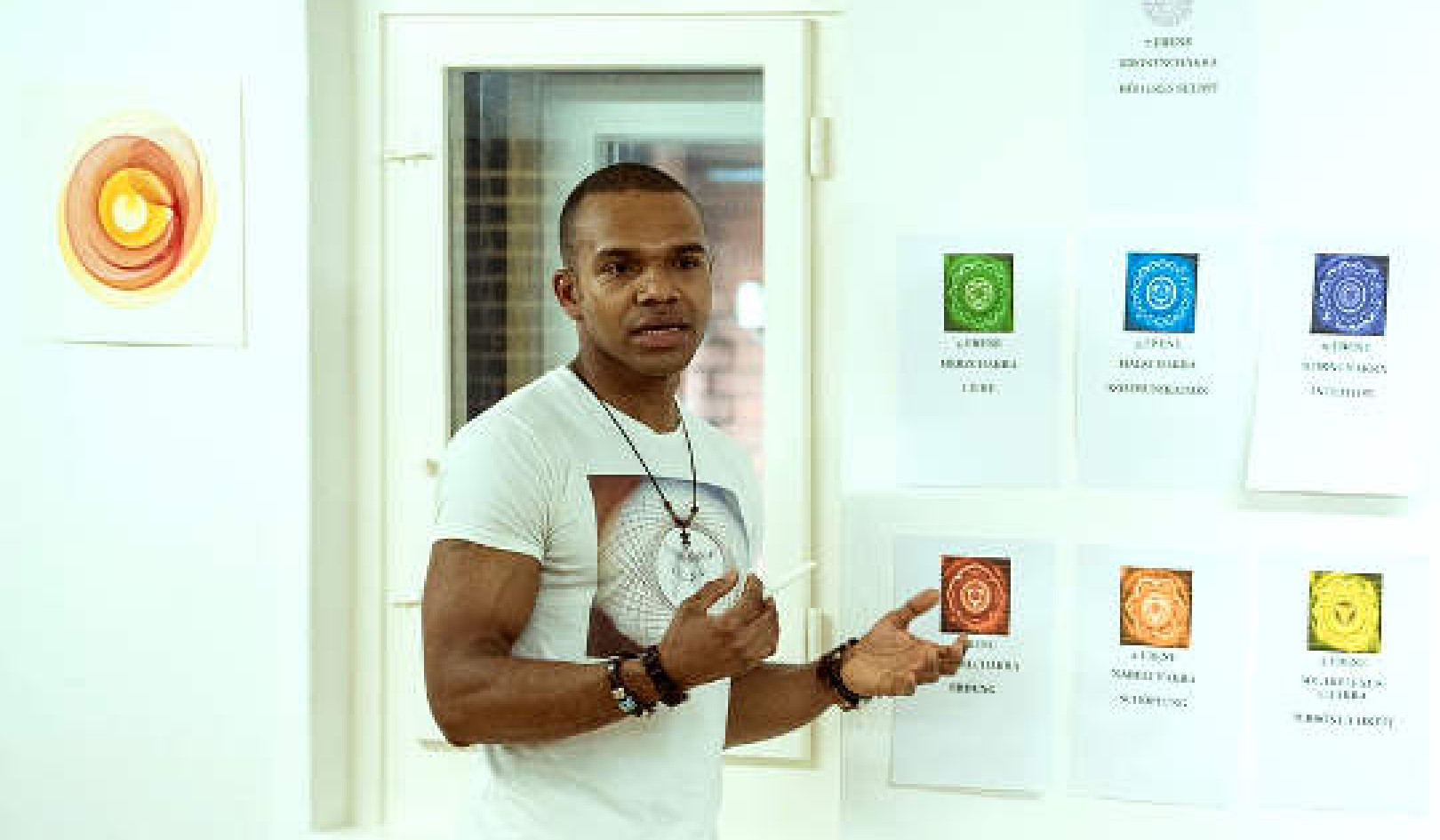
To come to the beginning of ourselves is to cease to be victims of circumstances, the actions of others, or even our own mistakes. The true story of who we really are begins now. We are no longer tossed willy-nilly from one desire, thought, or worry to another in a futile process of trying to escape the nearly infinite forms of "this isn't it" and especially "I am not sufficient as I am."
Responding... Not Reacting
If we realize that we are truly originating ourselves over and over, we have the power to claim a relationship to ourselves that begins right now. Then we are capable of responding to our own feelings or to our situations rather than reacting. When we react, we contribute to the problem. Our judgments are quick, poorly considered, and generally defensive or self-negating. We feel divided from ourselves as well as from others. It becomes difficult to know what to do next.
Unhappiness and Distrust
 When we are far from the beginning of ourselves, our reactions envelop us in unhappiness and distrust, which follow us well beyond the moment. In contrast, when we respond from the beginning of ourselves, our relationship to ourselves and to others always begins anew. We can take the time to appreciate what we are feeling and see our own states of being, and the behavior of others, in a larger context of empathy and compassion. There is no lingering misery, and no sense of being lost and afraid. Instead there is a growing space of trust.
When we are far from the beginning of ourselves, our reactions envelop us in unhappiness and distrust, which follow us well beyond the moment. In contrast, when we respond from the beginning of ourselves, our relationship to ourselves and to others always begins anew. We can take the time to appreciate what we are feeling and see our own states of being, and the behavior of others, in a larger context of empathy and compassion. There is no lingering misery, and no sense of being lost and afraid. Instead there is a growing space of trust.
But to have this kind of personal authority, we must focus our attention directly on the immediacy of ourselves. We have to learn to stay right here and wait with our minds stilled until the waters calm and we sense the deeper current of our lives once again. No one has described the subtlety of this conscious awareness better than the poet T.S. Eliot, when he wrote:
I said to my soul, be still, and wait without hope
For hope would be hope for the wrong thing; wait without love
For love would be love of the wrong thing; there is yet faith
But the faith and the love and the hope are all in the waiting.
Wait without thought, for you are not ready for thought:
So the darkness shall be the light, and the stillness the dancing.
Waiting Without Hope
This waiting without hope or love or thought is the essence of creating a conscious holding environment, especially when we face the untamed feelings. It is the essential process by which we depart from the awareness field of fear and survival and enter the far larger field of love. Then we too can experience what all the great souls understand: that human beings are truly the sons and daughters of God.
We are not and never have been inherently deficient. Despite endless stories and feelings that can, when we identify with them, convince us that we are unworthy or somehow not good enough, there is a deeper part of ourselves that can hold all this self-doubt. To awaken to this deeper part of ourselves and learn to let it hold our suffering selves is the fundamental relationship that our souls are calling us toward.
Reprinted with permission of New World Library,
Novato, CA. ©2007. www.newworldlibrary.com
or 800-972-6657 ext. 52.
Article Source
The Mandala of Being: Discovering the Power of Awareness
by Richard Moss.
 Drawing on his three decades of teaching consciousness, Richard Moss plays the role of wise shepherd, accompanying and encouraging the reader on a journey toward the genius within and away from fear and other limitations. Most importantly, he offers an always-available compass that directs readers back to the true self, and into the magic of the present moment.
Drawing on his three decades of teaching consciousness, Richard Moss plays the role of wise shepherd, accompanying and encouraging the reader on a journey toward the genius within and away from fear and other limitations. Most importantly, he offers an always-available compass that directs readers back to the true self, and into the magic of the present moment.
For More Info or to Order This Book on Amazon.
About the Author
Dr. Richard Moss is an internationally respected spiritual teacher and visionary thinker. He is the author of The Mandala of Being: Discovering the Power of Awareness and other books on conscious living and inner transformation. For thirty years he has guided people of diverse backgrounds in the use of the power of awareness to realize their intrinsic wholeness and reclaim the wisdom of their true self. His work integrates spiritual practice, psychological self-inquiry, and body awareness. You can visit him online at http://www.richardmoss.com.





























